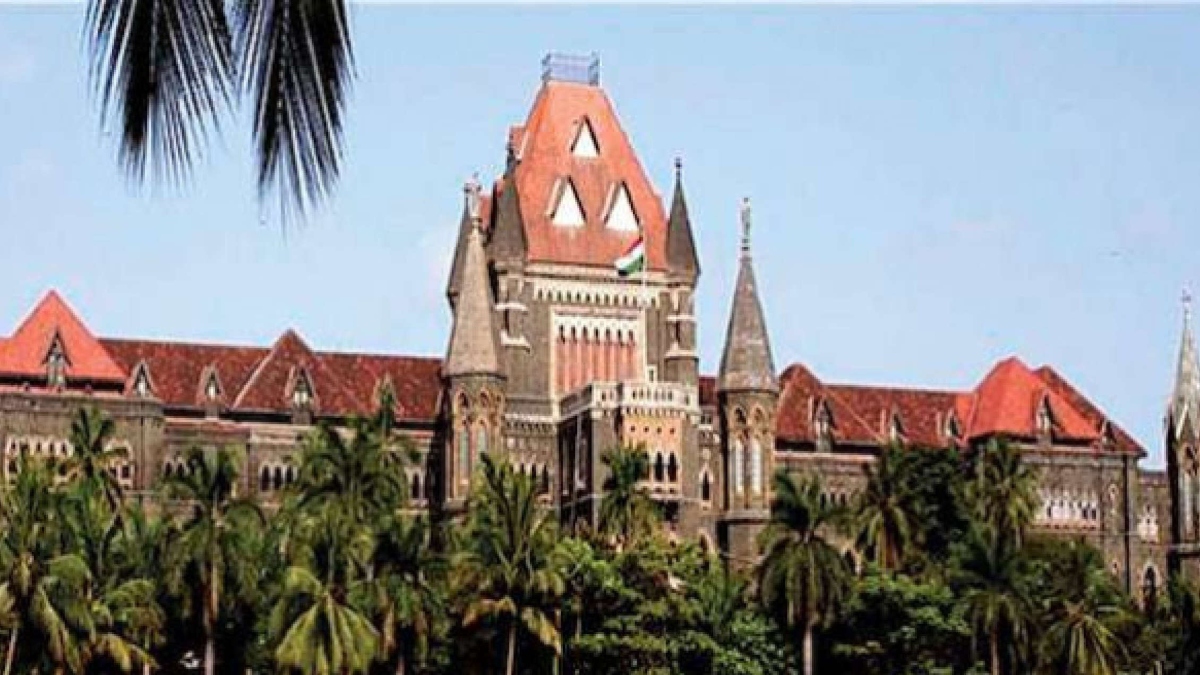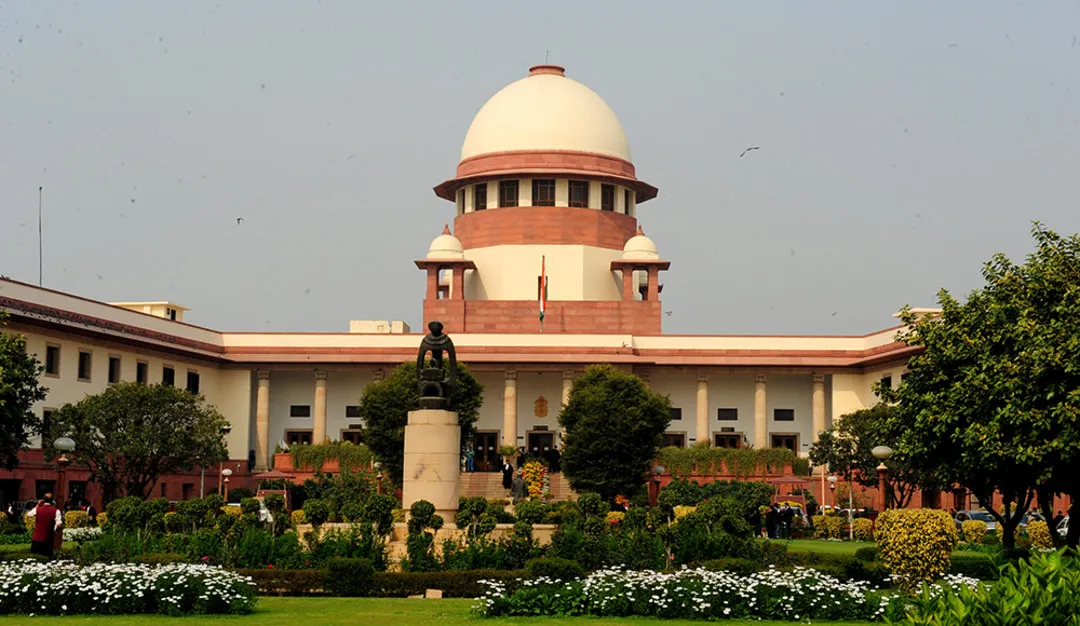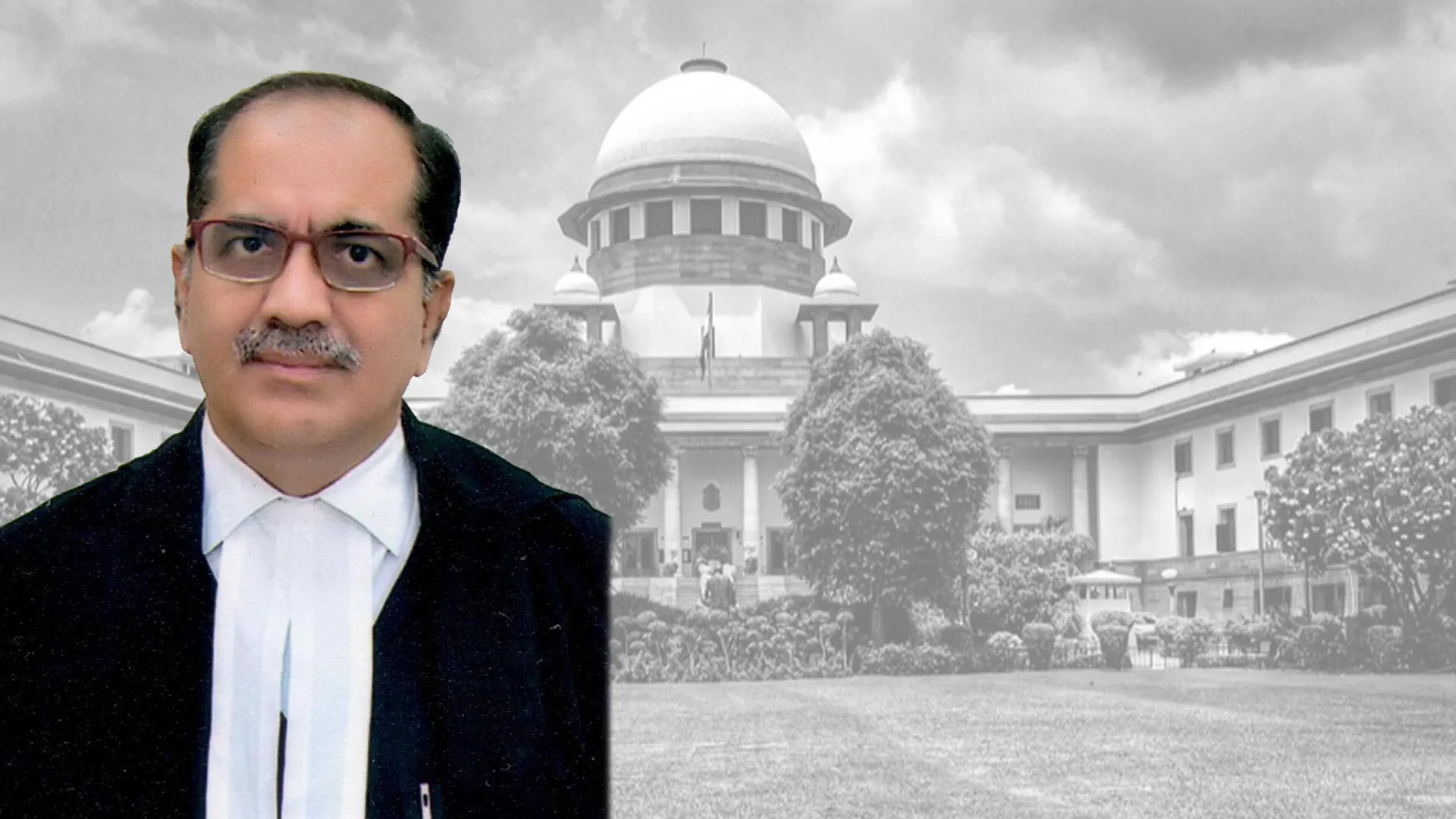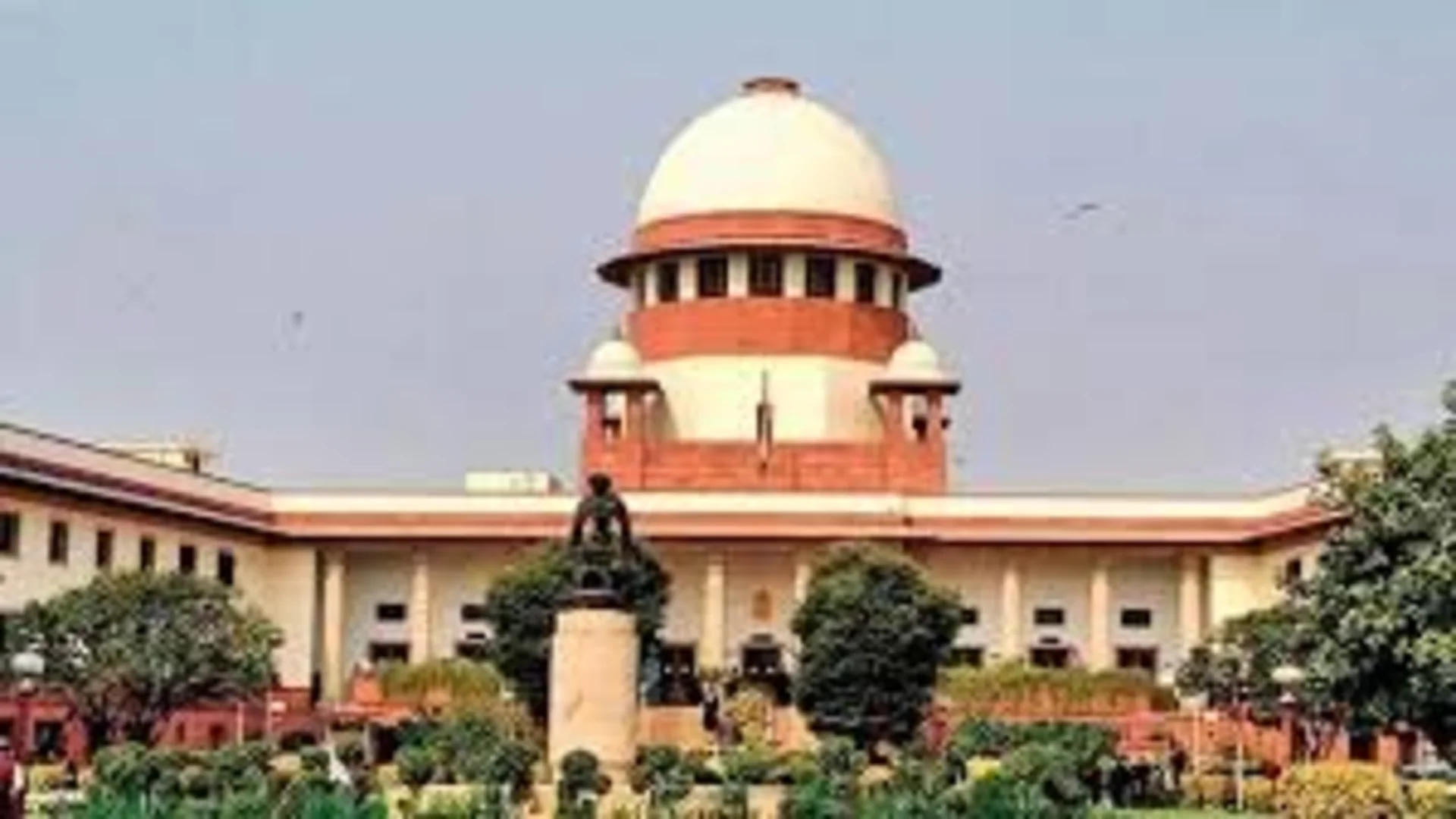The Bombay High Court in the case Mahendra Dattu Gore vs State of Maharashtra observed and has ordered de-sealing of factory premises in Chakan near Pune and that the police do not have the power under section 115 of the Trademarks Act in order to seal the factory premises wherein incriminating articles were being situated.
The vacation bench comprising of Justice Sharmila Deshmukh and Arif Doctor in the case observed and has noted that the provisions as stated under sub-section (4) of section 115 of the Trade Marks Act, 1999 wherein it permitted the police officer to seize without warrant the articles or the items which are enumerated in the said sub-section. Thus, it not being the dispute that there is no power vested with the police to seal the factory premises.
In the present case, the plea was moved by one Mahendra Gore wherein he was booked by the Chakan Police for offences punishable under section 420 of the Indian Penal Code, 1860 and the section 103, section 104 and the section 105 of the Trade Marks Act, 1999. Therefore, the police in the case sealed the factory wherein it incriminated that the machinery was being found.
Therefore, the Gore approached the High Court against the sealing. It has also been submitted by Advocate Rameshwar Totla and Rahul Totla as being instructed by Advocate Ashwin Poojari that the police has the authority in order to seize without warrant the goods, die, block, machine, plate, other instruments or things which are involved in committing the offence, but not the factory itself.
Further, it has been submitted by the Advocate Aniket Nikam instructed by Advocate Ashish Satpute for the original complainant that since the machinery were huge it was not possible for the police officer to seize the same as envisaged which being stated under subsection (4) of section 115 of the Trade Marks Act, 1999. Thus, the factory in the case was sealed only to secure the machinery.
The court further stated that with response to the submissions made of the original complainant that an alternate remedy was available before the judicial magistrate first class the court observed that ideally the seized goods would have to be produced before the magistrate and since the goods were not submitted the question of an alternate remedy does not arise.
Accordingly, the court ordered for de-sealing of the factory premises as the interim relief.























